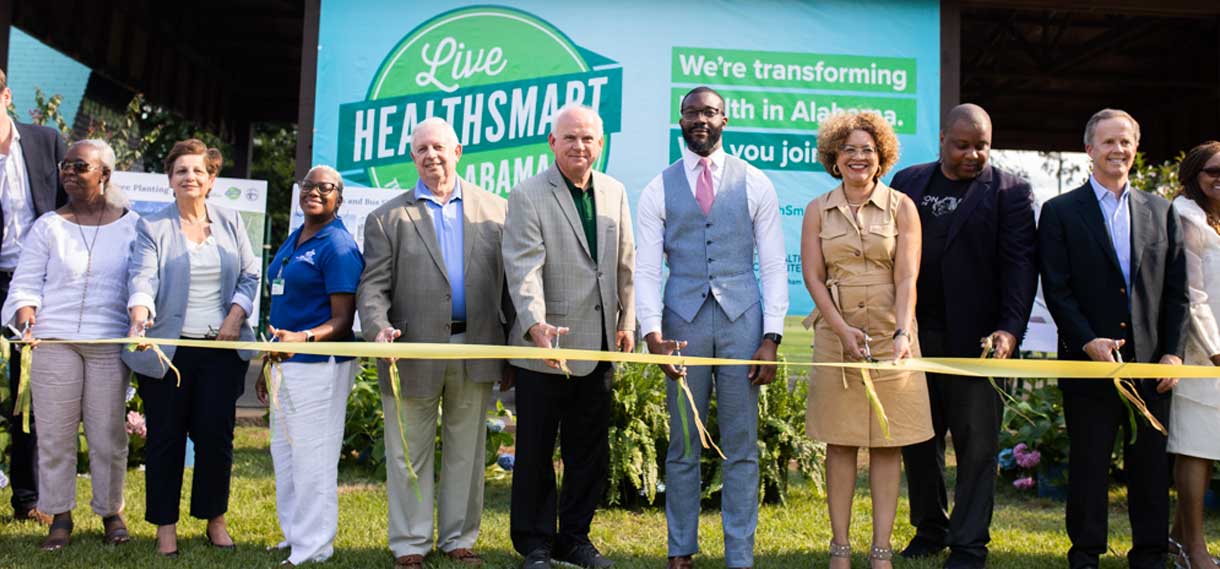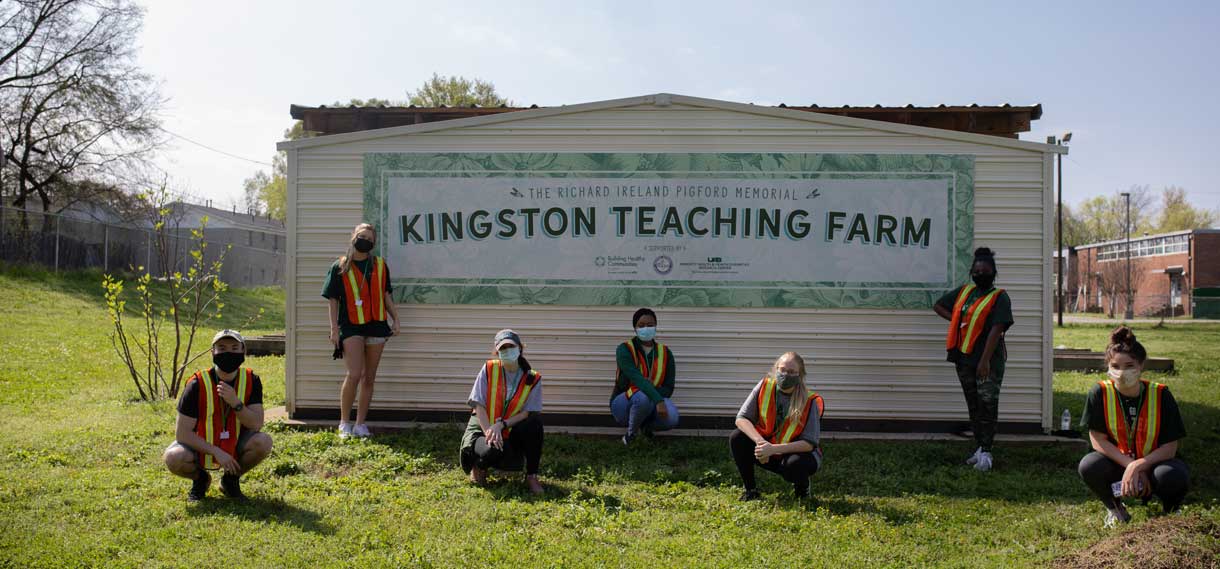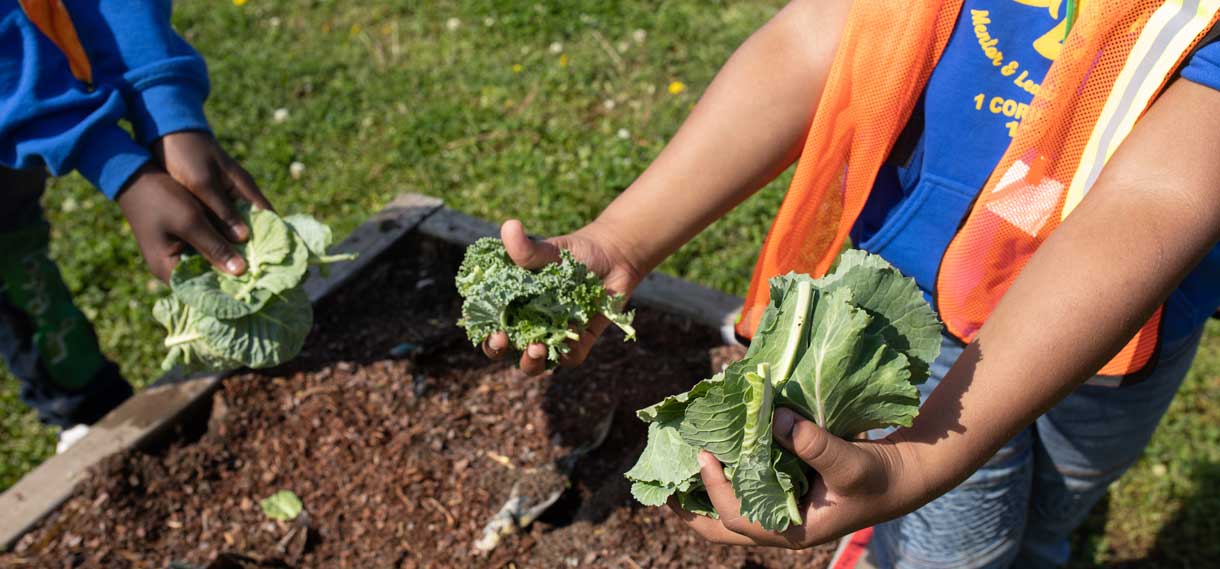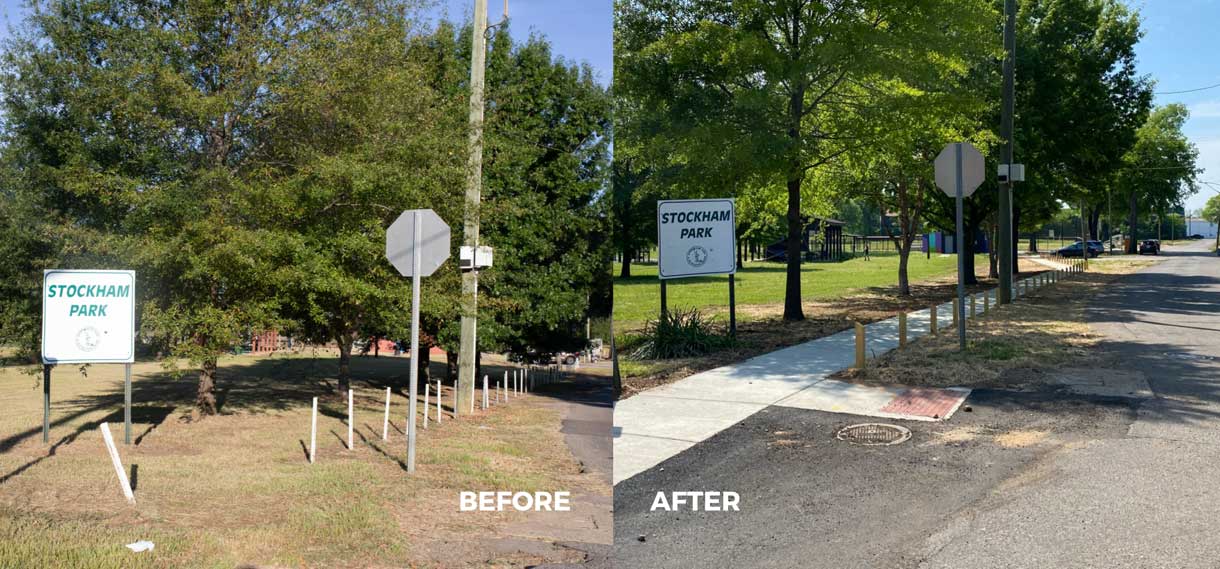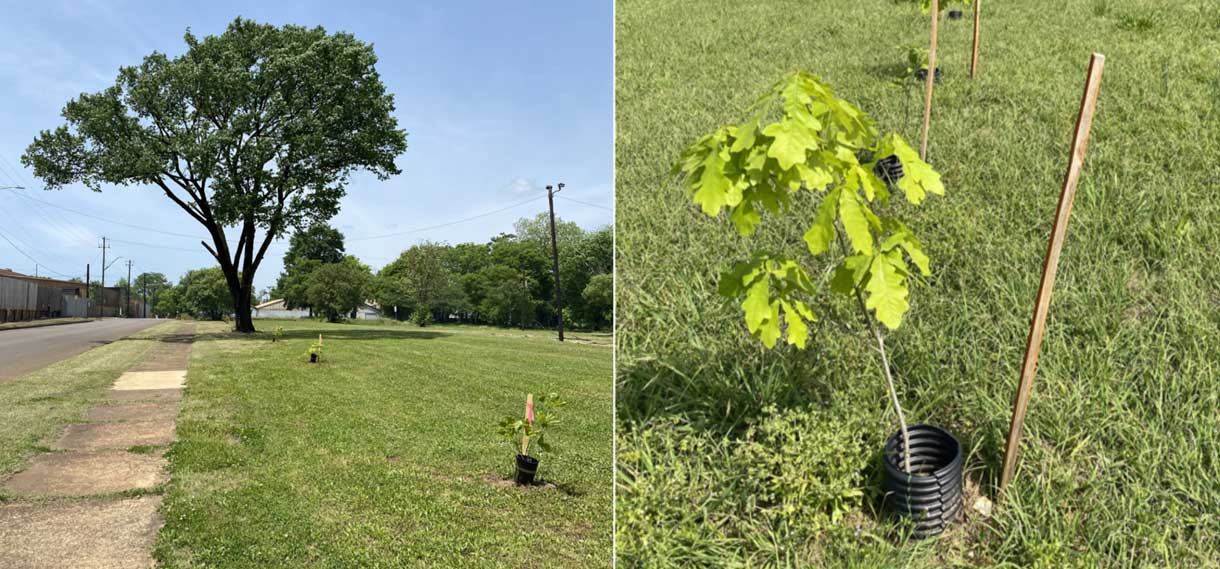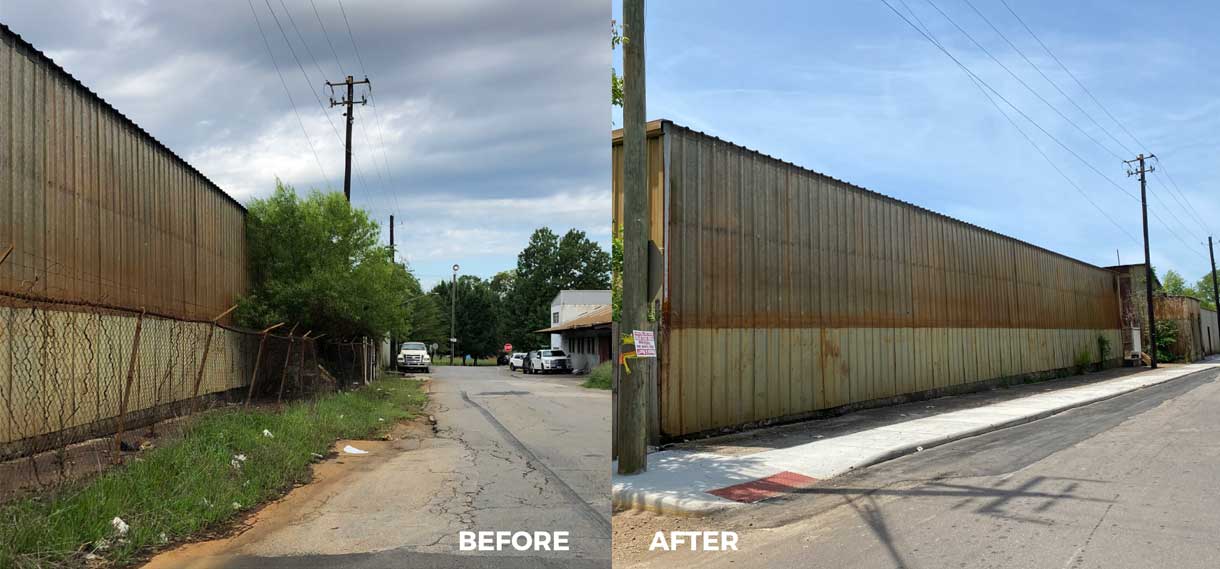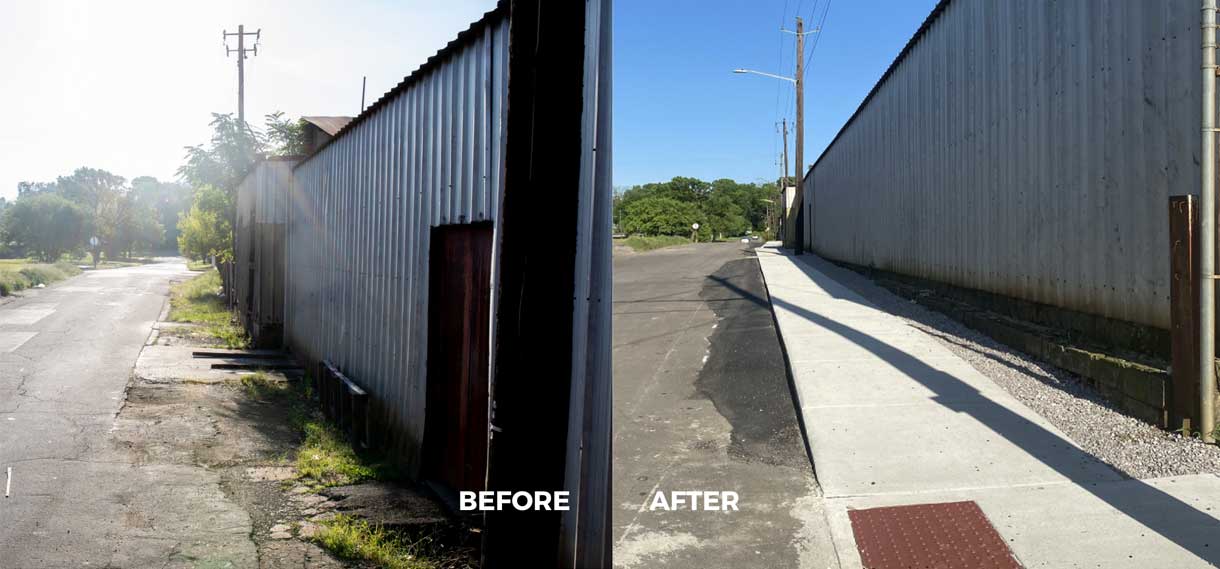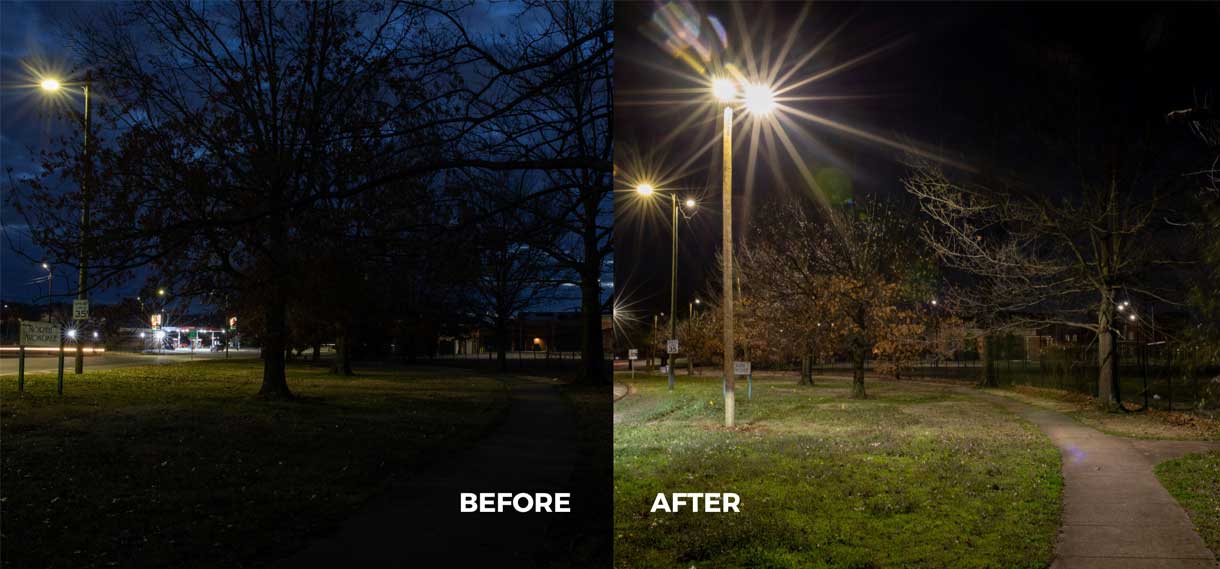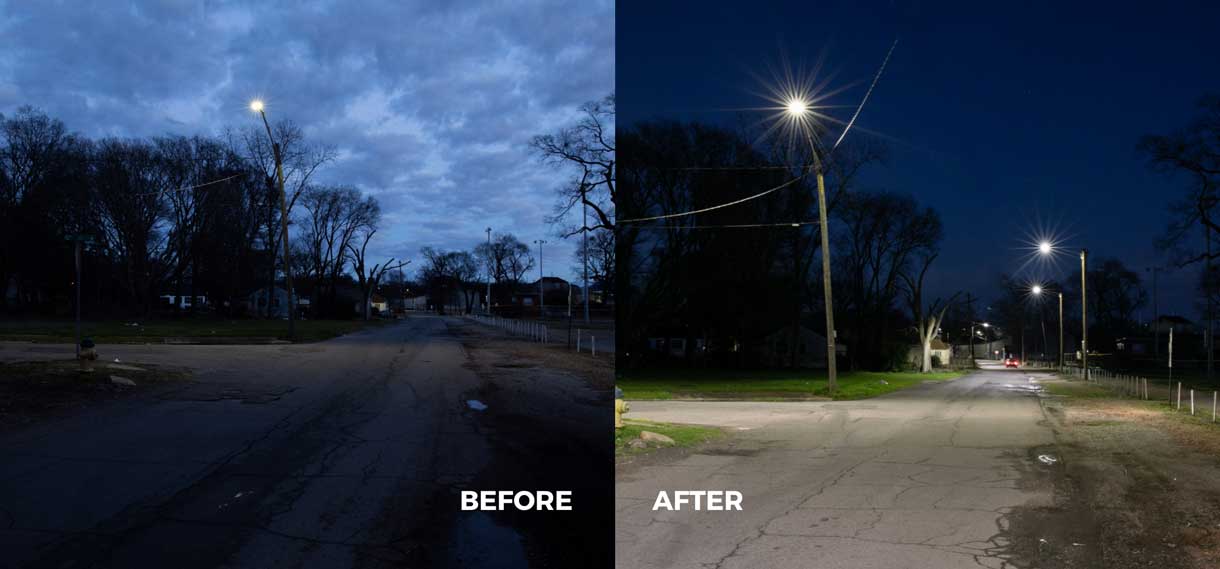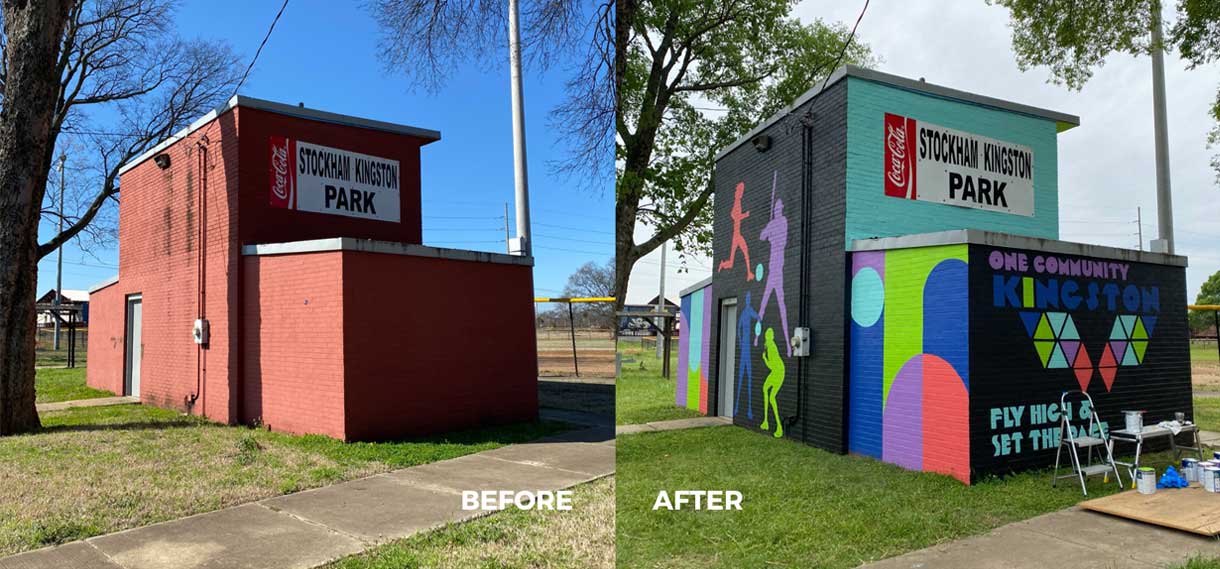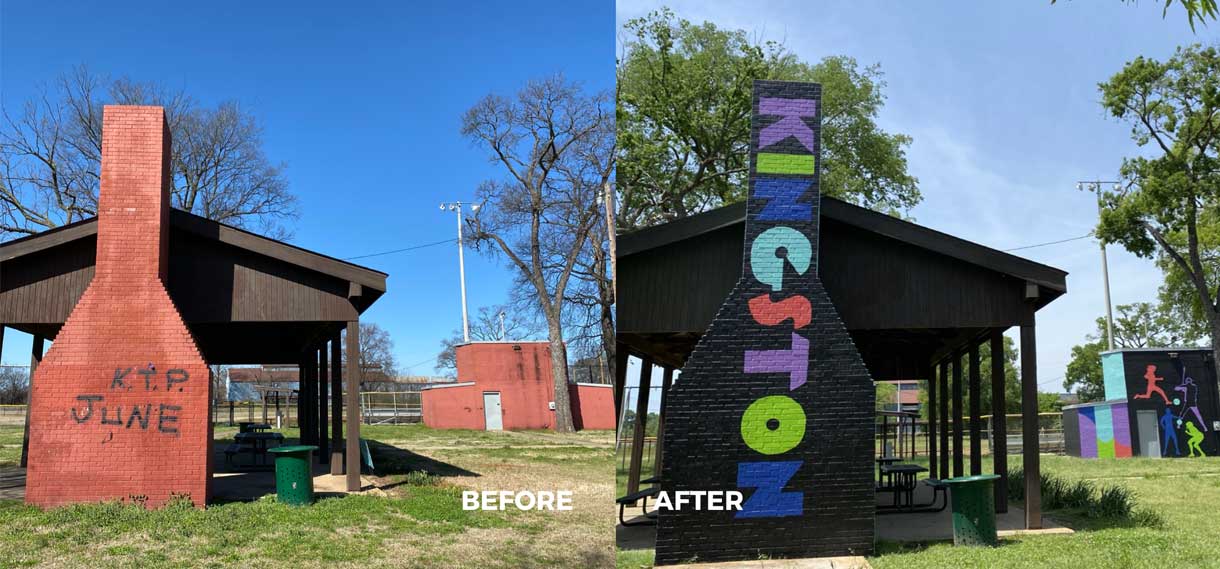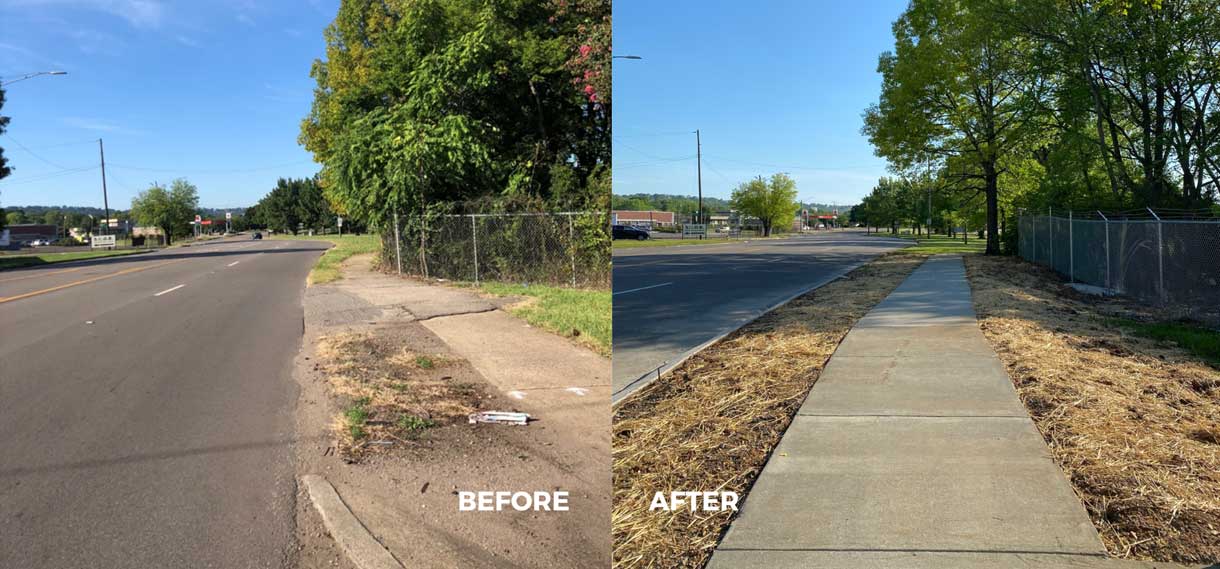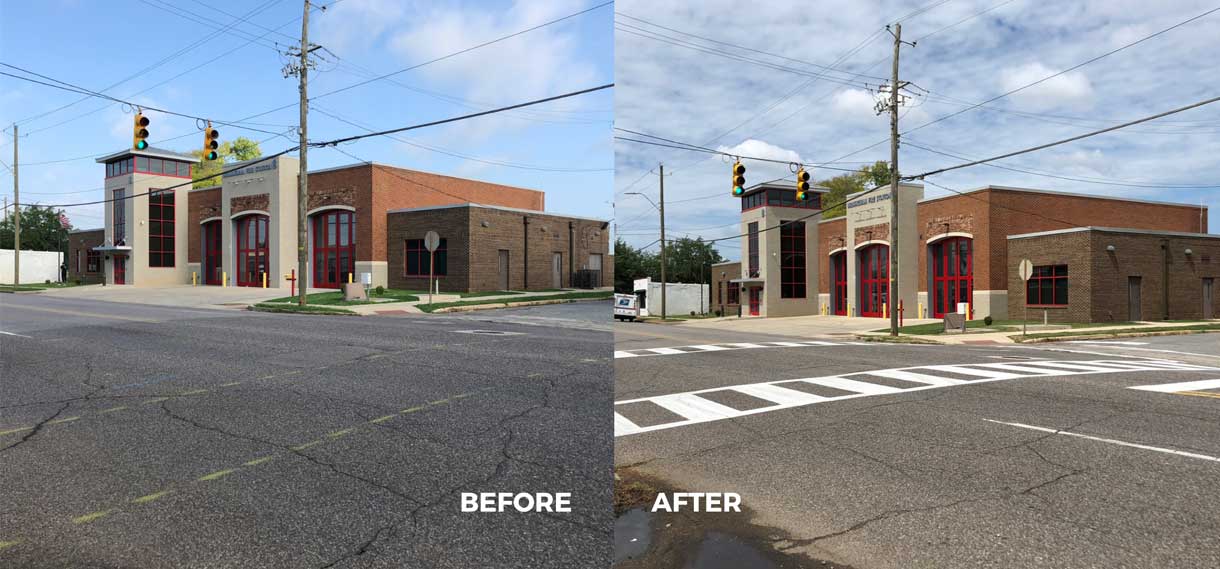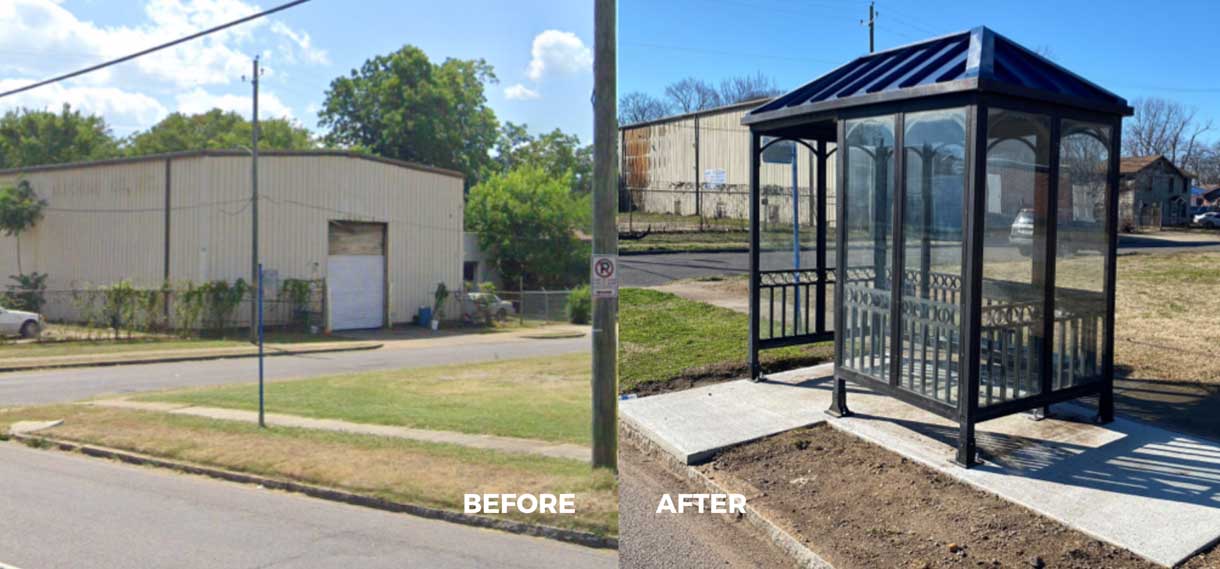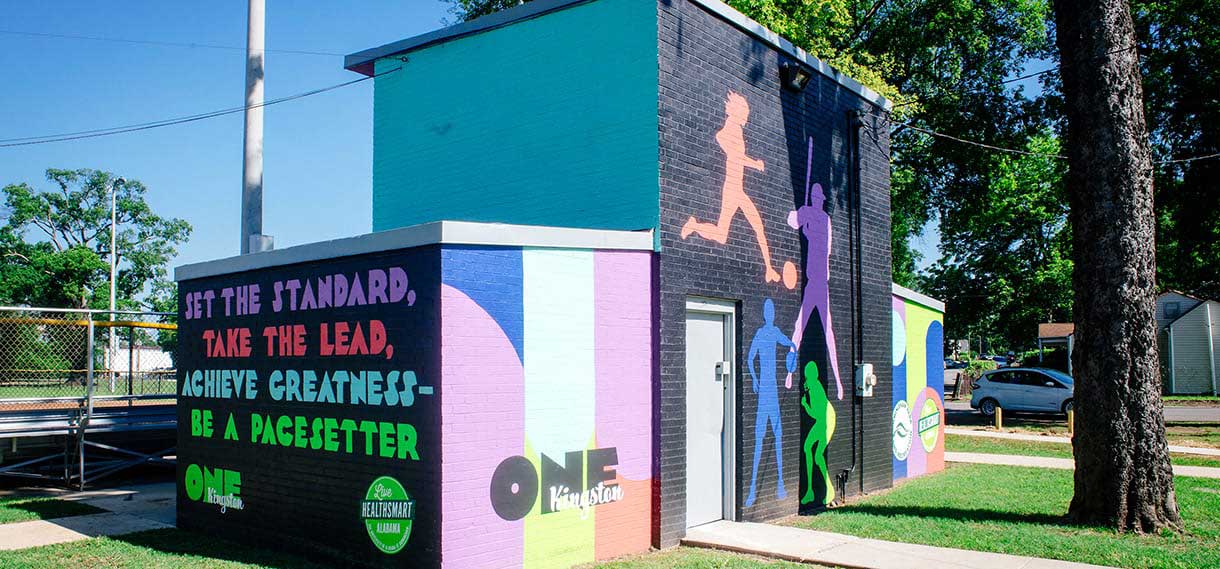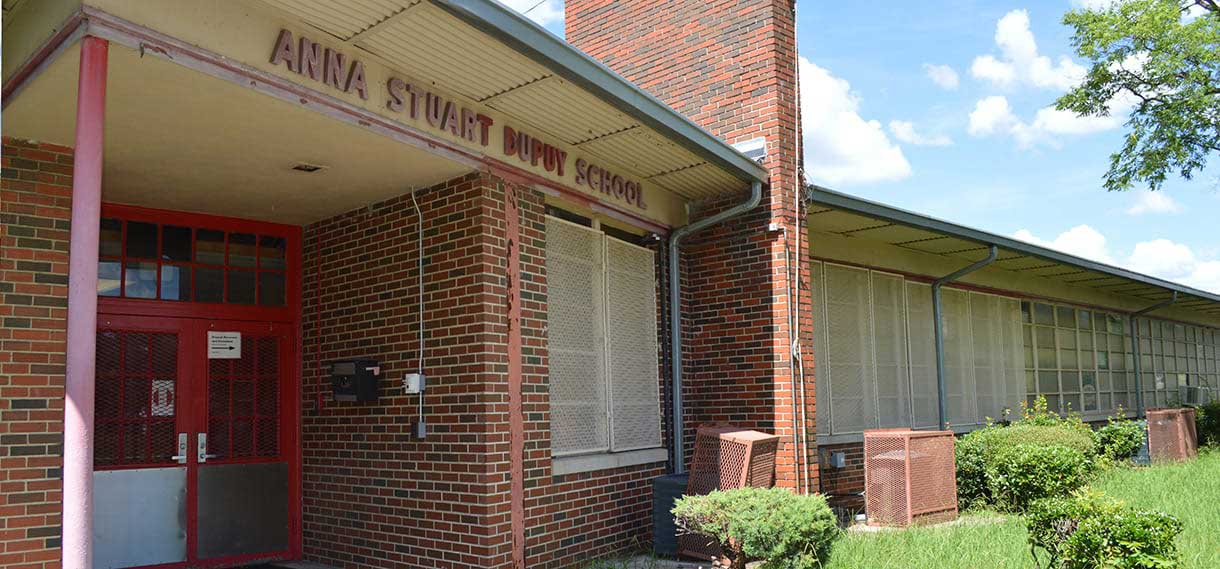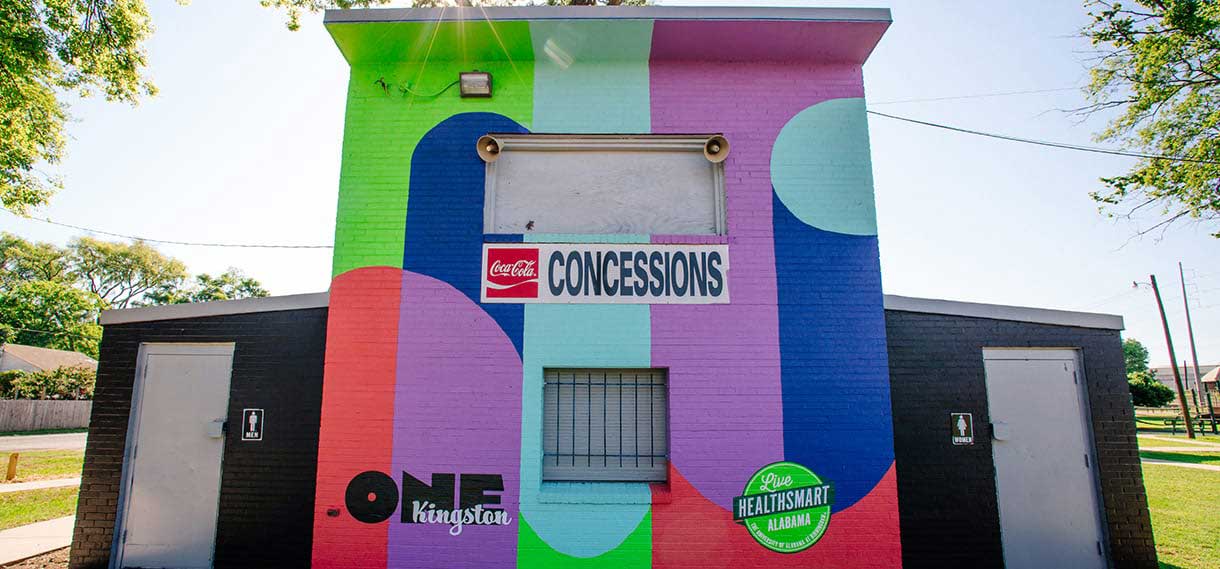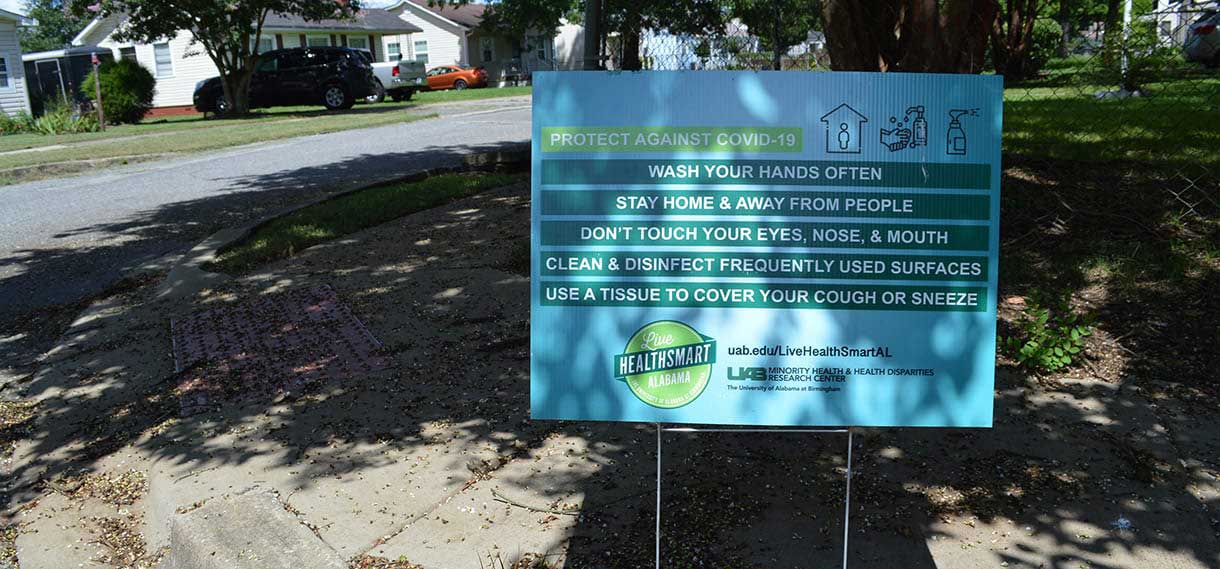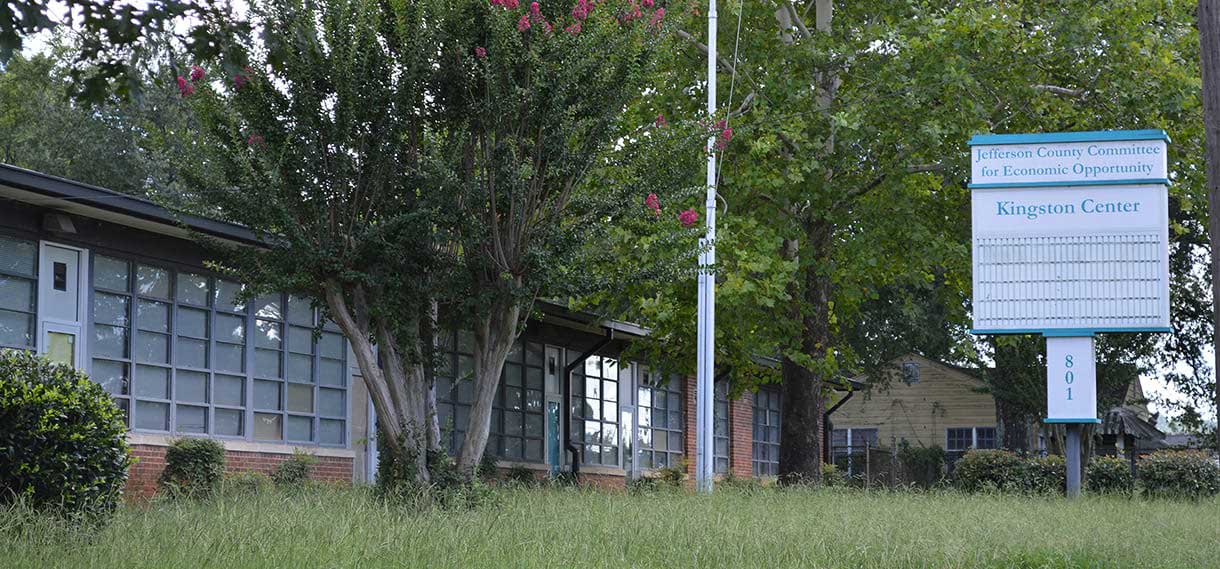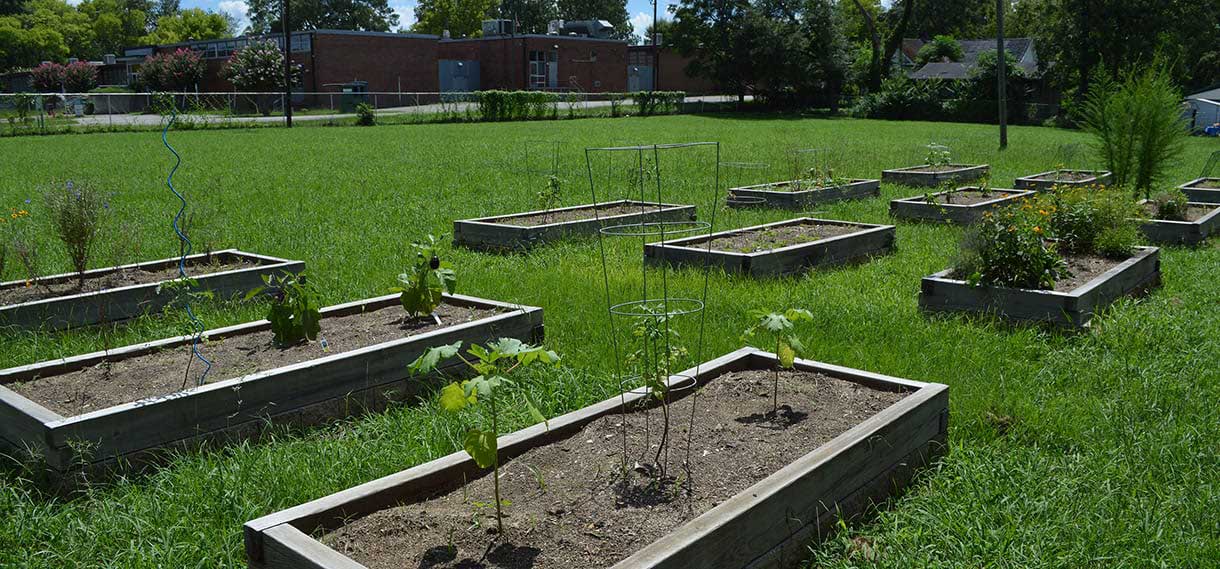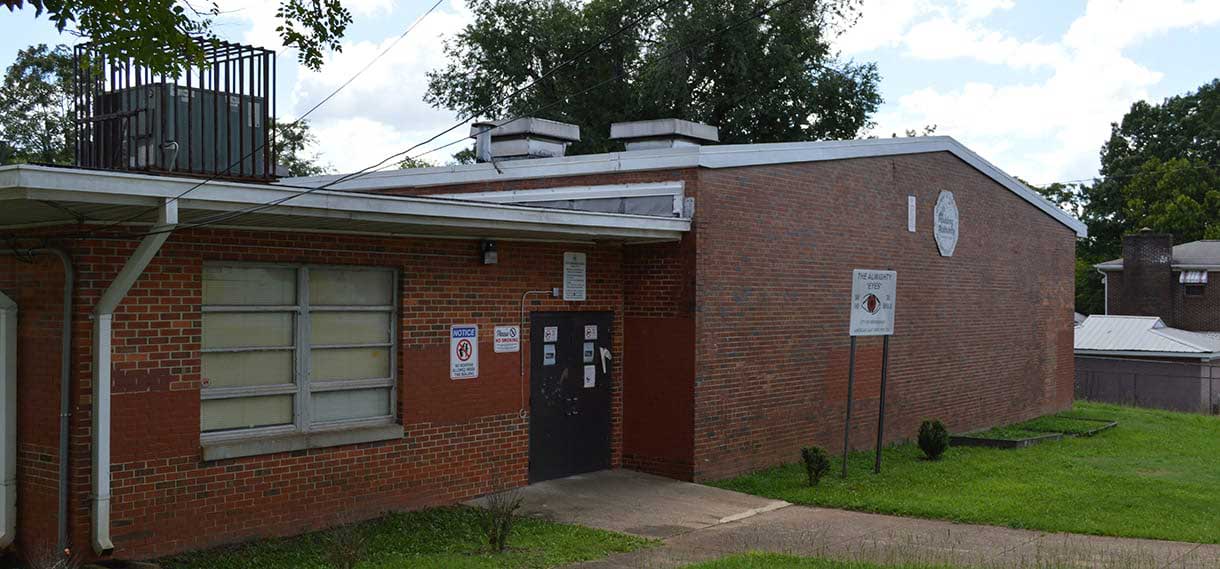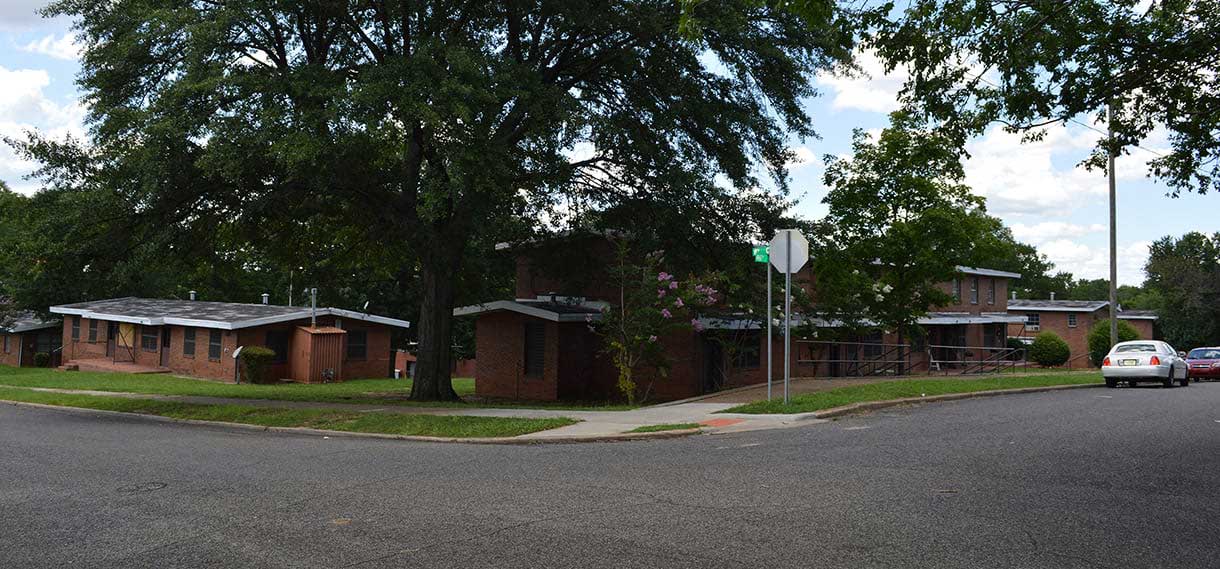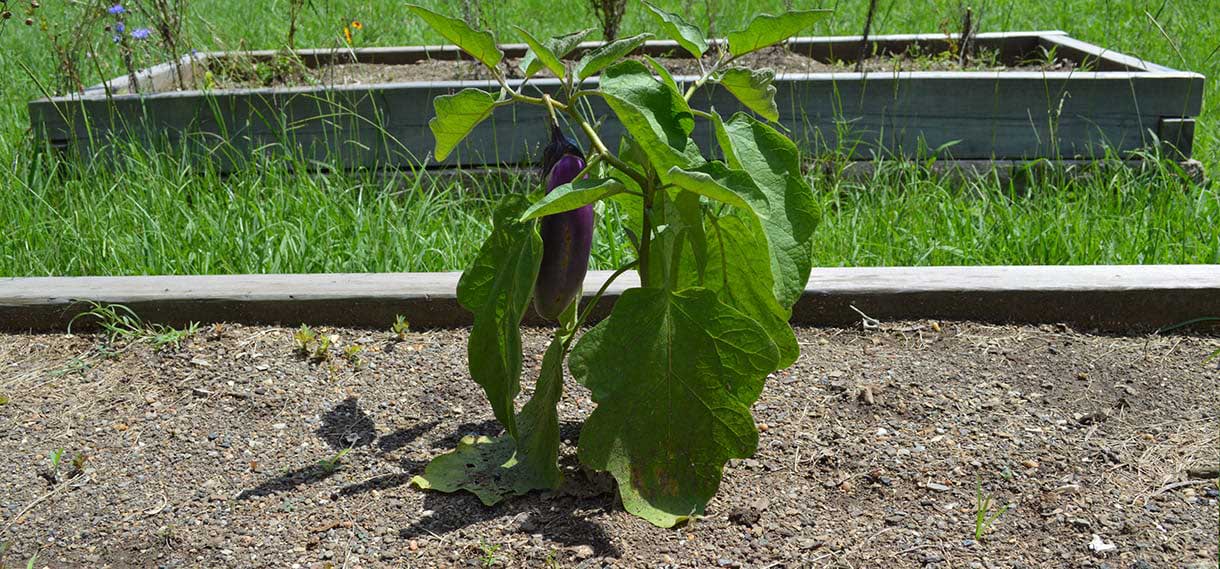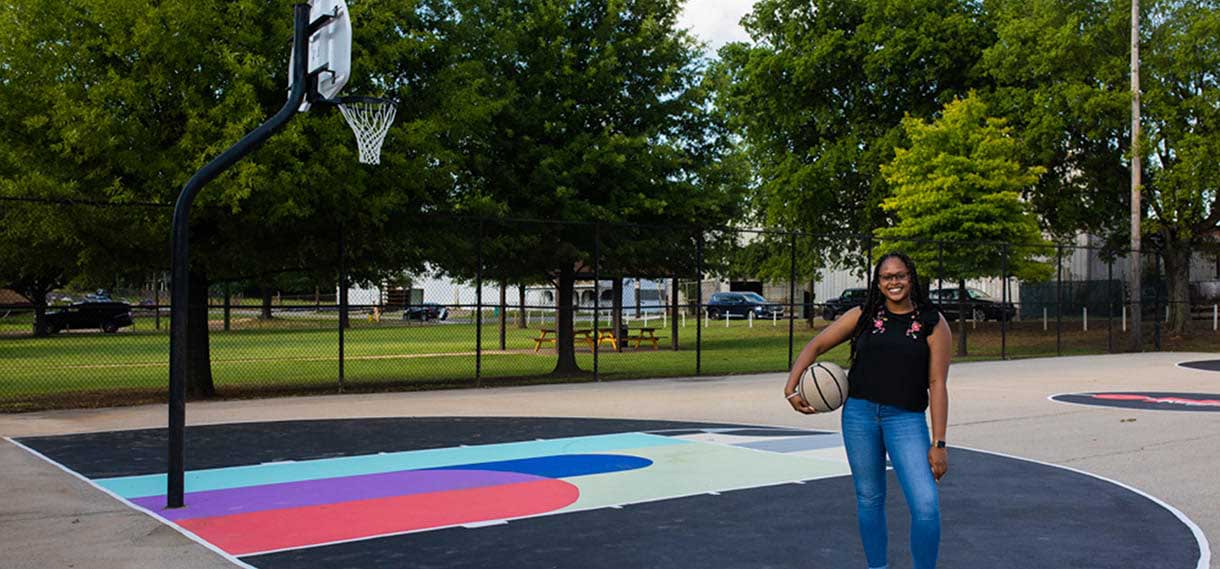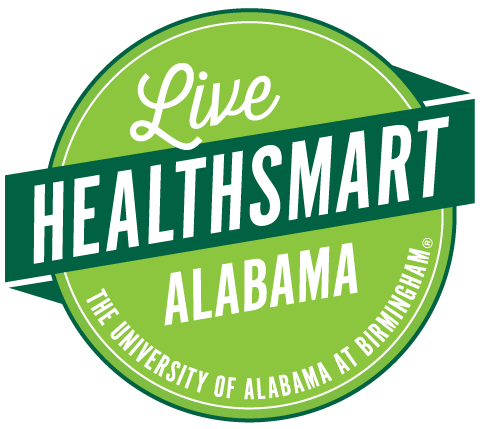Kingston
Joining forces with Kingston residents, the neighborhood association, and local businesses, we have helped bring life back to a space where community members can learn and play.
In an area nestled between Avondale and Woodlawn—divided by I-20/I-59—is a community that is often forgotten. Kingston’s namesake was an 1800s Birmingham resident, attorney, and early settler, Peyton King.
In the 1950s, Kingston became the location of the housing project: Rev. Dr. Morrell Todd Homes Village, formerly known as Morton Simpson Village, which accommodates 7000 residents. Three schools were built to serve the children of Kingston: Dupuy Elementary School, Gibson Elementary School, and Kingston Elementary. Over time, as the population declined, businesses, schools, and healthcare locations were forced to close.
Of the schools mentioned above, only one is operational today: Dupuy Alternative School. Kids who don’t attend Dupuy make the commute to Hays K-8 in Avondale. Without access to fresh produce in local grocery stores and limited access to healthcare, residents depend on non-profit agencies and public funds to address community needs.
As one of Live HealthSmart Alabama’s supported neighborhoods, we developed a comprehensive plan to improve the health of Kingston’s residents.
By joining forces with residents, the neighborhood association, and local businesses, we are creating a sustainable model that improves safety, increases neighborhood walkability, and beautifies the community. These enhancements represent a positive change in Kingston, paving the way for a healthier, more connected community.
Improvements
Built 2,500 New Linear Feet of Sidewalk
Replaced 4,000 Linear Feet of Sidewalk
Installed 43 ADA Ramps
Added 30 High-Visibility Crosswalks
Planted 165 Trees
Installed 3 New Bus Shelters
Added 18 New Light Fixtures
Repaved 300 Linear Feet of Pathways
Updated the Basketball Courts
Pressure-Washed Stockham Park Sidewalks
Painted Colorful Murals Throughout the Park
Added 3 Signs to Memorial Park
Organized 2 Neighborhood Cleanup Days
Developed New Branding for Kingston
Reference:
